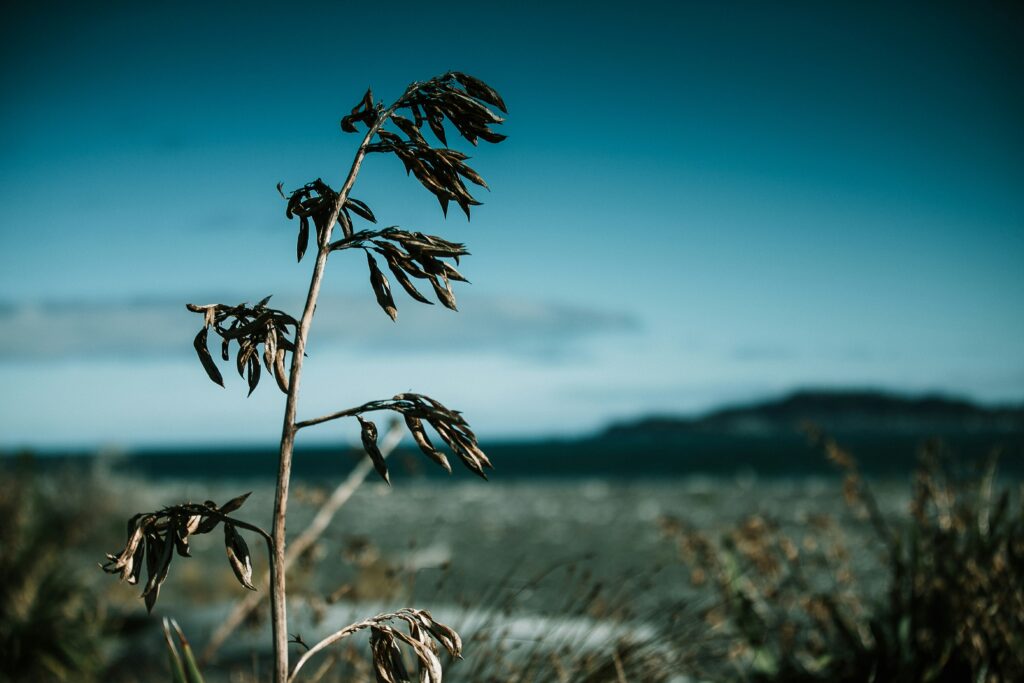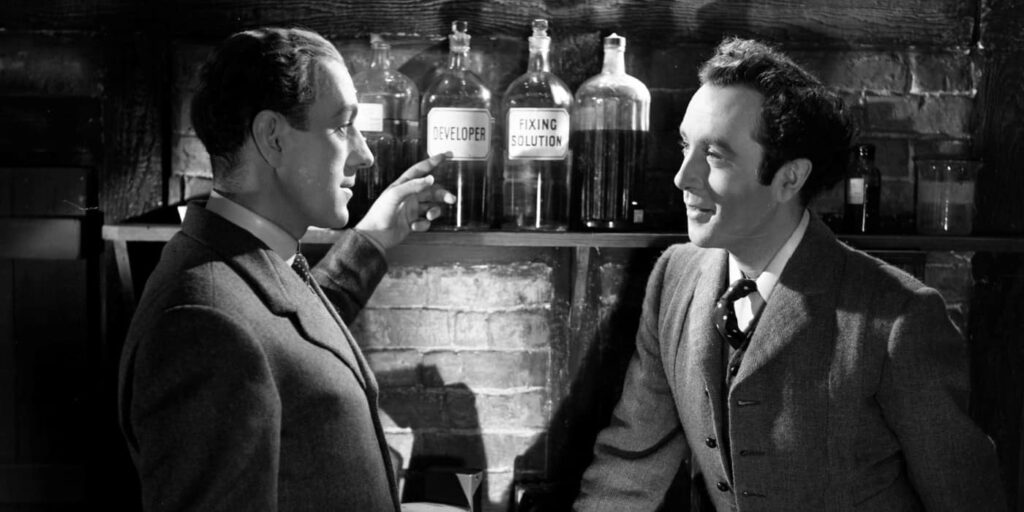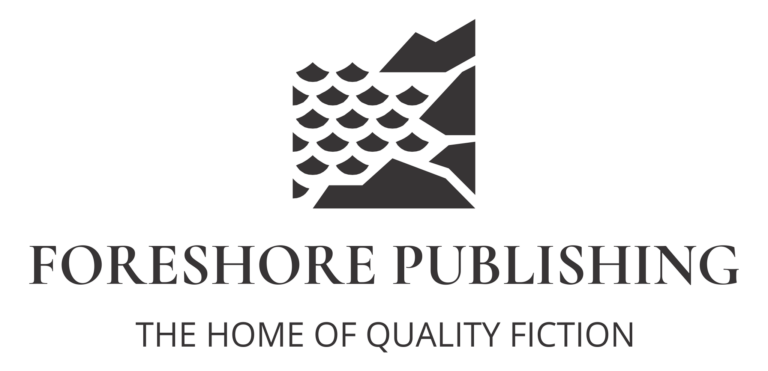
“Sometimes I wonder if bilingualism is its own form of magical realism. What else would you call it when your mouth has to translate your heart?” Writer Marie Anne Arreola discusses how bilingual writing blends emotion, identity, and rhythm, and her upcoming debut novel, Sparks of the Liberating Spirit Who Trapped Us back in Woodstock. Interview by Betsy Robinson Image Jr Korpa @ Unsplash What inspired you to write a work of magical realism? How did the plot come to you? It started with a question I couldn’t let go of: What do we owe the past versions of ourselves who never got closure? I didn’t sit down thinking I’d write magical realism. I was trying to find a shape for all the memories that didn’t follow a straight line. The novel grew out of that, like emotional archaeology, digging through layers I didn’t realise were still there. That’s where the metaphor came from, too: a man returns to Woodstock, a place he thought he’d left behind, for a funeral—and ends up confronting the ghosts he’s carried with him, both real and imagined. It didn’t feel like I was inventing the story. It felt like I was recovering it. What did the writing process look like for Sparks of the Liberating Spirit Who Trapped Us Back in Woodstock? It was fragmented, and surprisingly tender. I started with texture, tone, and dialogue because of my background in screenwriting. I discovered the heart of the characters through their voices. That gave me the urgency to keep going. In fact, once I found that rhythm, I finished the first draft in one month. Writing this novel often felt like returning to the page not to produce, but to listen. The characters came to me as composites—part film characters from stories I admire, part versions of myself I no longer am. I built them from scraps, like assembling memories as a way to return again and again to the same emotional question. Does your novel reference the Woodstock festival? Not exactly. The idea of Woodstock came to me through my poem of the same name, which won the WILDSOUND Festival’s Nature category last year. That poem never left me. It was the first heartbeat of the novel. In Sparks, Woodstock is both a place and a metaphor. It’s where timelines blur, where the past and the present sit across from each other and talk. It’s a space where the main character, Johnatan, is forced to confront what could’ve been; not just in his life, but in the lives of those he’s lost. I also became obsessed with the way the word ‘Woodstock‘ sounds like ‘wood stuck‘. That small glitch in language opened a hidden passage for me: an invisible bridge between the literal and the emotional. That’s where the story lives. How did you incorporate your poem Woodstock into the novel? The poem was the doorway. It was atmospheric, surreal, and emotionally precise. Writing it taught me that memory doesn’t operate in linear time. It moves like weather, drifting, gathering, dissolving. That became the emotional logic of the novel. Some lines from the poem echo in the first part of the book, especially in Johnatan’s reflections on loss. Not always directly, but in feeling. I believe poems leave residue: emotional traces that don’t fade. The poem became a kind of compass. It reminded me to trust the luminous, strange aspects of grief. It also gave me permission to let nostalgia carry weight, to let it pull the narrative like a tide. Does writing in Spanish versus English affect the style of your writing? Absolutely. Spanish is where I keep my tenderness, my earliest memories, my family stories. English is where I keep my ambition, my edges, my academic self. Writing between the two means I’m constantly translating—yes, words, but also entire ways of thinking and being. That tension shows up in how my sentences curve, in the rhythm of my metaphors, in the way I play with sound and double meanings. That’s why I’m drawn to wordplay. Sometimes the slippage between two similar-sounding words opens up an unexpected meaning. It feels like I’m tracing an invisible etymological history; a secret logic that connects ideas beneath the surface. That’s where my poetic and linguistic instincts meet. I wonder if bilingualism is its own form of magical realism. What else would you call it when your mouth has to translate your heart? I don’t write in one language. I write through both. The dialogue in this novel, for example, emerged in English, not by choice, but by frequency. I grew up consuming so much English-language media, especially theatre and film, that often my characters start speaking in English before I even know who they are. That’s probably why dialogue is the backbone of my work. I follow it the way a poet follows meter. It’s all about rhythm. The rhythm tells me when the story is alive. How has it felt to expand from writing short stories and poetry to writing a novel? Poetry taught me how to compress emotion, how to make a sentence burst. Short stories taught me voice and urgency. But the novel asked something I wasn’t used to: stamina. Not in terms of speed, but in terms of attention. I had to sustain a feeling (this deep, subtle emotional tone) across 40,000 words without diluting it. At first, that was terrifying. But what carried me was the sense of responsibility I felt toward the characters once I understood how alive they were. I wasn’t just crafting a plot but becoming a vessel for their synthesis. I didn’t want to resolve them. I wanted to walk with them. Author’s Note This book is part of a larger conversation about what it means to be a hybrid writer in today’s world. As a Mexican poet publishing in London, I’m keenly aware of how rare and crucial that position is. We need to make space for it, not as a box to check, but as a necessary evolution in literature. Publishing this

“I think that there’s a thread running through all my books and I don’t think that I’m alone in this: Who can you trust?” : novelist Alison Jean Lester discusses interacting with nature as a writing prompt, retreating to Finland , and her upcoming book, FLAX: The Legend of Tula. Interview by Betsy Robinson Main Photo by James Coleman on Unsplash How did you find the process of creating a whole new world? “I never imagined doing that. My writing so far has always been contemporary, and reality-based. Modern relationships. So, when I realised that this was the way the story needed to be written, I went with it, and it turned out to be one of the most wonderful experiences of my life. I love the world. I love Rakana. It required that I go to different parts of my mind. If I’m writing about a typically domestic situation, then I’m in a country that I know. I’m just drawing from a large area of experience. Whereas for this, I felt like I needed to be a funnel for anything in my life that was going to be relevant. I didn’t know where it was necessarily going to come from. So that was a very different feeling in my brain. And I’m pointing outwards, because that’s what it feels like, but of course it’s all inside. When I started writing this book, there was a walk that I would do through a flax farm. Normally, when I walk through a field, I think my thoughts. But when I walked through that farm, I was responding to the farm. From that came all of my questions. My mind flits around a lot, and it was really wonderful to have a place to go that was constantly changing and interesting, and I had to really observe.” How did you find writing new words? “Well, this kind of links to your question about how my life of living in many places and travelling a lot affected the writing. My experience in China was deeply formative; I went to live in China as an exchange student when I was 19 years old. It changed my life forever. I don’t know where my character Tula came from, but Lixut and Jenla and Yonghet came from fooling around with Chinese names. “After I thought about the book for a year, I did a retreat in Finland. I knew I wanted to be in a place where I did not know the culture, and I had to be observant, and I had to feel, because Tula has to leave her country. We were in the countryside of Finland and a lot of the farmers don’t speak English so it was a very quiet experience, which was perfect for me. I went down to the river one day, for the bit where I needed to write Tula waking up by the river. I went down to the river, and I lay down by a tree, and then, opened my eyes. And what was next to me? What were the flowers that were there? What was going on in the landscape? What is it like to wake up in a place like this? I’ve never slept by a river; I was able to engage with the landscape there. Finnish is not similar to very many languages. So, names like Eikala, that’s not a Finnish word, but it kind of sounds like one. “The artist retreat had communal studios, but I needed to write alone, and I was told ‘Well, we have this loft.’ They opened this old door, and it was a big loft with creaky floors and interesting things stored in there, like sculptures and drawings and weaving materials, and then there was a window looking out on a river. And there was an old schoolroom desk. So, I sat at this little desk with a view of a river, and I just kind of received what wanted to be received, what could attach itself to the story.” Were you inspired by any real-world places or other fictional worlds? “When I lived in Japan, I had a friend who was a cloth dyer and an advisor for fashion brands. I was invited to a wedding, and I was pregnant with my second child, so I had nothing to wear. My friend made me a tunic, it was very simple, but it was absolutely beautiful. I bet that had an impact on the book: the undyed linen with my ‘Undyed’ characters. In terms of fictional places, I don’t generally read made-up worlds, other than Terry Pratchett. Although there is one book that probably gave me some courage, and that I’d highly recommend. It’s called Sharp Teeth by Toby Barlow. It is a story of modern-day werewolves in LA, and it’s a poem.” What would you say are the main themes of your new book? “I think that there’s a thread running through all my books and I don’t think that I’m alone in this: Who can you trust? That is the question and that is an eternal question, so we’ll all keep writing about it. In this case, it’s the Rakanans who haven’t questioned the situation and are just trusting. But when Tula steps out of the bubble, the question is ‘who can I trust?’ I think that’s a central theme. The book is a physical journey, as well as an emotional journey. “The writer Jim Cace read the beginning of my book and said, ‘I couldn’t help but read it as elevated prose rather than a story in verse. I see these as paragraphs rather than stanzas.’ For me, it’s not an effort to be poetic. It’s an effort to guide the feeling, to guide the reading, and to make you pause when the moment deserves a pause, or to feel Tula hesitating as time is passing. The book is a lot about texture, but it’s also about the senses. “I hadn’t even thought that the book

The English writer talks about the inspiration behind his novel, Blue-blooded Murder – the literary sequel to the 1949 Ealing Studios film Kind Hearts and Coronets. When considering the pantheon of British cinema and literature, certain figures tend to dominate the collective consciousness, yet others remain comparatively underrated. Robert Hamer, an accomplished filmmaker whose oeuvre is perhaps crowned by Kind Hearts and Coronets, is seldom invoked outside aficionado circles. Similarly, Roy Horniman, the author of the novel Israel Rank: The Autobiography of a Criminal, which served as the basis for Hamer’s film, is largely overlooked in mainstream narratives. Yet, what unites these two creators is their contribution to a darkly satirical exploration of class, morality, and individual ambition. Horniman’s novel, with its nuanced, witty and intelligent exploration of criminal psychology and societal critique, deserves recognition as foundational within the psychological crime tradition. Blue-blooded Murder extends this legacy, serving as a literary sequel that further interrogates the dark intersections of class, morality, and identity—an inspired homage to Horniman’s pioneering vision. “I read Horniman’s Israel Rank (on which the film’s screenplay is based) but, after that, found only repeated viewings of that gem of a film could be at all satisfying,” says Stuart. “I wanted more and then, at a time (2017) that I was toying with the idea of writing a crime novel with a ‘perfect murder’, it struck me that I could kill two birds with one stone by picking up the unresolved ending of the film where the serial killer Louis Mazzini, now Duke of Chalfont, has a final murder in mind: that of either his new wife Edith, or his mistress, Sibella.” Stuart describes Blue-blooded Murder as a homage to the film and, as such, the novel attempts to be true to those of the characters who reappear as well as echoing some of the incidents and scenes that like-minded fans will recognise. An exception is that of the eight characters played by the renowned English actor Alec Guinness. “Unfortunately, due to Mazzini’s successful culling of the d’Ascoyne family, there was no place for the masterful Guinness characterisation,” Stuart says. “But, as an alternative, other major characters do go in for a variety of colourful disguises. “As far as possible I wanted to keep the tone of the book a match to that of the screenplay of the film: amusing and sophisticated on the surface while dark deeds are being prosecuted. I also wanted the ‘perfect murder’ aspect to be as credible as could be and the plot to be fast-paced to satisfy the demands of the reader of the genre in the 21st century. Above all, I aimed for entertainment.” Tony Stuart has previously published Regarding The World (2000), a simplistic introduction to epistemology for 6th formers, and Writing Lines (2016), a collection of the picaresque escapades of a biology teacher at the fictional institution, Sixokes School. He keeps no pets but does have two children and a wife. He lives quietly in Kent. Tony Stuart’s novel Blue-blooded Murder will be published by RiverRun, an imprint of Foreshore Publishing, in paperback in May 2025. ON SALE: May 16th. Available now for pre-order.



